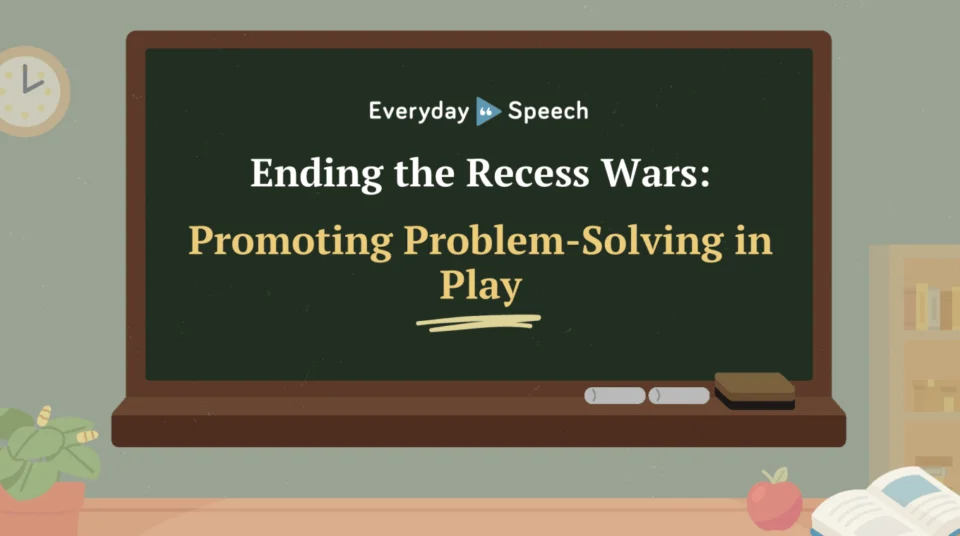Teaching the Importance of Accepting Help from Others
Get free social skills materials
No-prep lessons on self-regulation, emotional recognition, conversation skills, and more.
Sign up hereIntroduction
As educators, it is essential to create an environment where students feel comfortable learning from their mistakes and accepting help from others. By teaching students the importance of accepting help, we can foster a collaborative and supportive learning environment that encourages growth and development. In this blog post, we will discuss a no-prep activity that highlights the significance of accepting help from others, provide discussion questions to stimulate further conversation, and mention related skills that students can benefit from.
No-Prep Activity
This activity, called “The Picture Problem,” requires no preparation or materials from the educator. It is designed to demonstrate the importance of accepting help from others and how it can lead to better learning outcomes. Here are the steps to carry out this activity:
- Divide the students into pairs.
- Ask one student in each pair to play the role of Devin and the other to play the role of Christine, based on the scenario provided.
- First, have the pairs act out the scenario where Devin refuses Christine’s help and becomes frustrated.
- Then, have them act out the alternative scenario where Devin accepts Christine’s help and learns how to insert the picture correctly.
- After both scenarios have been acted out, bring the class back together for a group discussion.
Discussion Questions
Use the following questions to stimulate further discussion and reflection among the students:
- How did Devin’s attitude change when he accepted Christine’s help? How did this impact the outcome of the situation?
- Why do you think some people might be hesitant to accept help from others? How can we encourage them to be more open to receiving help?
- Can you think of a time when you accepted help from someone and it led to a better outcome? How did it make you feel?
- How can accepting help from others contribute to a more collaborative and supportive learning environment?
- What are some ways we can show appreciation when someone offers their help to us?
Related Skills
Beyond the importance of accepting help from others, there are other related skills that students can benefit from, such as:
- Active listening: Being attentive and understanding when someone is offering help or advice.
- Effective communication: Expressing thoughts and feelings clearly and respectfully when interacting with others.
- Collaboration: Working together with others to achieve a common goal, and understanding the value of teamwork.
- Empathy: Recognizing and understanding the feelings of others, and being sensitive to their needs.
Next Steps
Teaching students the importance of accepting help from others is a valuable life skill that can contribute to their personal and academic growth. To explore more activities and resources that promote social-emotional learning, we encourage you to sign up for free sample materials at Everyday Speech. By incorporating these resources into your teaching, you can help students develop a strong foundation in social-emotional learning and foster a supportive and collaborative learning environment.

